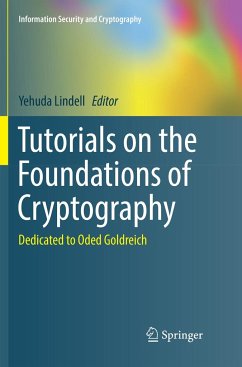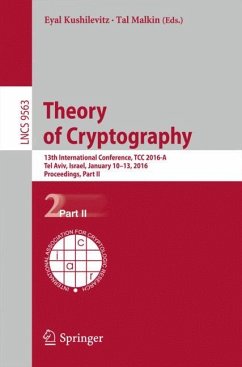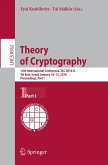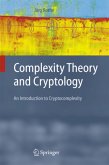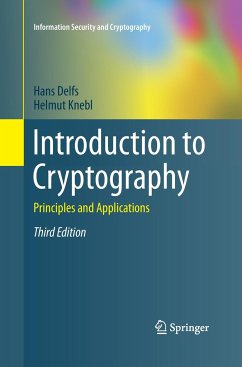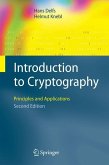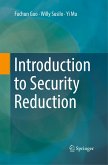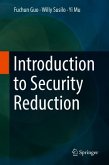This is a graduate textbook of advanced tutorials on the theory of cryptography and computational complexity. In particular, the chapters explain aspects of garbled circuits, public-key cryptography, pseudorandom functions, one-way functions, homomorphic encryption, the simulation proof technique, and the complexity of differential privacy. Most chapters progress methodically through motivations, foundations, definitions, major results, issues surrounding feasibility, surveys of recent developments, and suggestions for further study.
This book honors Professor Oded Goldreich, a pioneering scientist, educator, and mentor. Oded was instrumental in laying down the foundations of cryptography, and he inspired the contributing authors, Benny Applebaum, Boaz Barak, Andrej Bogdanov, Iftach Haitner, Shai Halevi, Yehuda Lindell, Alon Rosen, and Salil Vadhan, themselves leading researchers on the theory of cryptography and computational complexity. The book is appropriate for graduate tutorials and seminars, and for self-study by experienced researchers, assuming prior knowledge of the theory of cryptography.
This book honors Professor Oded Goldreich, a pioneering scientist, educator, and mentor. Oded was instrumental in laying down the foundations of cryptography, and he inspired the contributing authors, Benny Applebaum, Boaz Barak, Andrej Bogdanov, Iftach Haitner, Shai Halevi, Yehuda Lindell, Alon Rosen, and Salil Vadhan, themselves leading researchers on the theory of cryptography and computational complexity. The book is appropriate for graduate tutorials and seminars, and for self-study by experienced researchers, assuming prior knowledge of the theory of cryptography.

